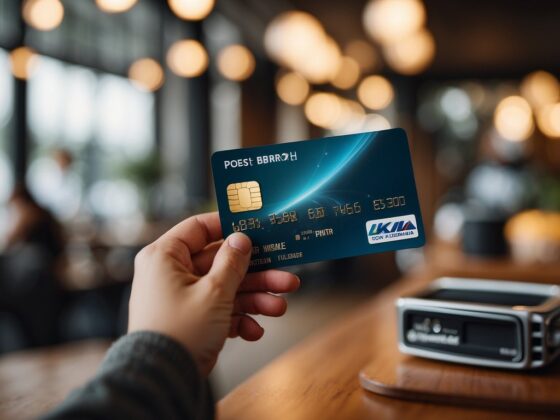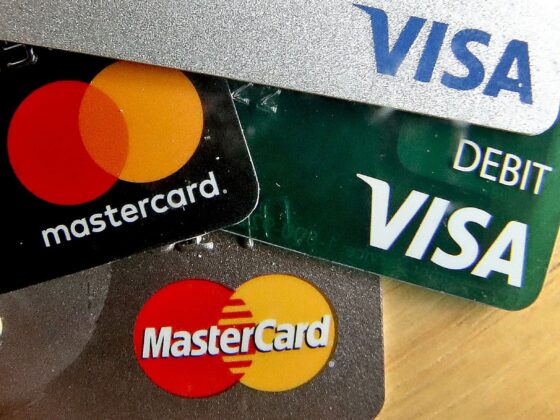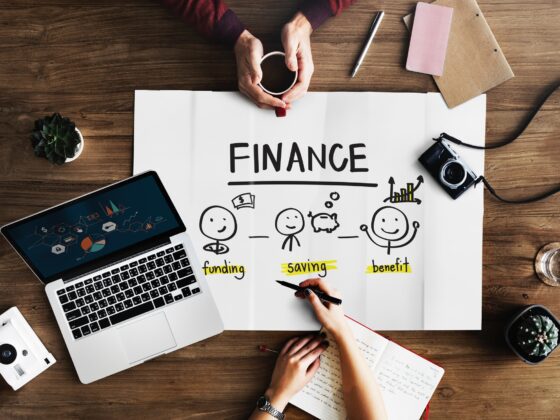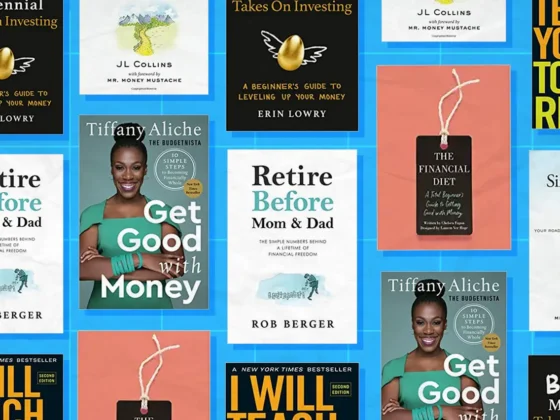You’ve heard this advice time and time again. You need to have an emergency fund that you can turn to in times of… emergencies. The pandemic has proven this to be true as millions of individuals around the world join the file for unemployment. Our emergency funds are there to help us get through the difficult times – to pay for medical expenses or car repairs or school fees. This also helps ensure that we don’t need to start borrowing from our credit cards or banks. Financial mistakes you make in your 20’s

Our emergency funds are there to help us get through the difficult times
People also tend to take this advice to the other extreme keeping multiple years’ worth of expenses in their accounts for long periods. Although it is recommended that you need to keep aside 6 months or a maximum of 10 months – the final number is depended on you
The thing to keep in where you keep it. Banks are notorious for offering low-interest rates of about 1.5% a year. Freeing up some of these funds to they can be invested into a higher return instrument can put you at a significant advantage
How much in emergency funds do I need to keep?
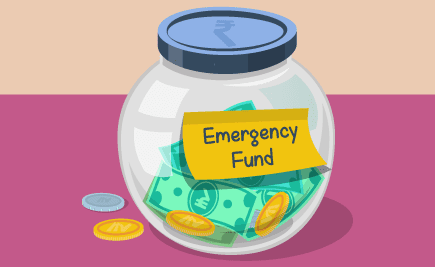
How much should I save?
The first step is to arrive at the value that you spend each month – Basic expenses and a small buffer to take care of those unforeseen expenses.
Make a list of basic expenses like Rent, Groceries, Utilities, transportation, insurance, and debt costs. You can exclude costs such as Netflix, your gym membership, Apple TV+, HBO, Disney+ (we have entirely too many subscriptions)
The total costs of your needs into 12 months + buffer should give you a ballpark figure of what you need to build-up
Recommendations are to have at least 6 months of these expenses ticked away to cover these costs. The pandemic has turned this on its head and now we probably need to save about 12 months’ worth of expenses to be on the safe side. This is a personal decision and is determined by what you feel comfortable with.
How much is too much
Holding on to too much cash in emergency funds has its drawbacks. The impact inflation has on the time value of money is that it decreases the value of your money over time. So, your purchasing power is decreasing every year that you hold up cash in your account. This adds up over time.
Holding on to too much cash has its drawbacks
Although you feel safer putting aside the money in a low interest-paying, safe during a striking account – the opportunity cost is quite high. It would be a trade-off on higher returns vs. a safe and fuzzy feeling. Pull out some of the funds that won’t be used in emergencies can be put into investments – and the earlier you start the better.
Where can I put this money
“Cash is King” the current market is a buyer’ market. if you have the money there are hundreds of investment bankers, traders, scam arts that are looking for you. You need to be selective and making the right decision at this time can lead to large returns. When your money earns more money, it will help contribute to your emergency funds.
you can look at
- Staring your own business – you side hustle
- Buying in the Real Estate market
- Tapping into the Stock market
We also have our Robo-advisors e.g. Wealthface based in the UAE offering algorithm led to investing solutions. Based on your risk profile it will spread your investment across an appropriate and diversified portfolio. I’ve personally invested with them in early April 2020 and at the time of this post have a 15% return. Although the market has grown by much more over this period this is a good low risk, diversified investment option. There is also another company Sarwa.
Look at investing in a home or a pension scheme in your country. Whatever you decide it always a good option to keep side aside some funds and put it into an option that will help it grow or reduce your debt.





